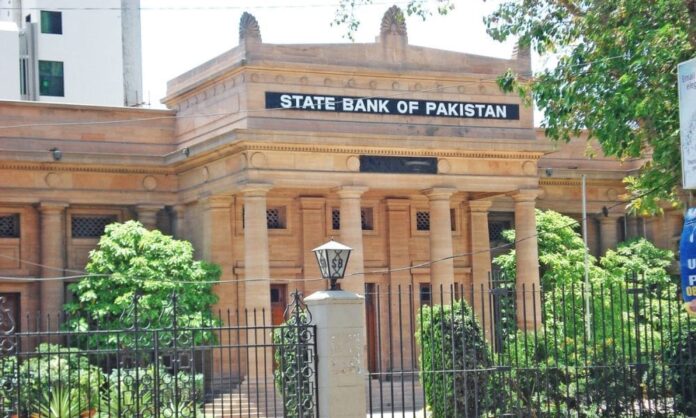Pakistan’s central bank, the State Bank of Pakistan (SBP), has infused Rs1.25 trillion into both conventional and Shariah-compliant banks for up to 28 days to alleviate liquidity shortages and meet the financing demands of the financially strained government.
The move comes as the Karachi Inter-bank Offered Rate (Kibor), a crucial benchmark interest rate, saw a notable drop of over three percentage points to 21.38% on Friday, signaling a potential reduction in the government’s reliance on bank borrowing.
The decline in Kibor is attributed to expectations of a gradual seven-percentage-point cut in the SBP’s key policy rate to 15% by December 2024, aiming to mitigate high-interest payments.
This reduction is also anticipated to encourage private sector engagement with banks for new projects.
Analysts, including Akseer Research Director Mohammad Awais Ashraf, highlighted that banks faced liquidity shortages, prompting the SBP to inject funds through open market operations (OMOs).
The government, grappling with budget deficits fueled by substantial interest payments and personnel-related expenses, has turned to bank borrowing.
Despite higher revenues collected by the Federal Board of Revenue (FBR) in the first six months of FY24, government expenditures have led to increased reliance on bank borrowing.
Private sector borrowing remains minimal due to elevated interest rates, with businesses opting to retire existing debt.
The SBP has maintained its policy rate at 22% since July 2023, hindering private sector expansion.
However, projections suggest a potential 700-basis-point cut in the policy rate in 2024, down to 15%. This anticipated rate cut is expected to stimulate economic activities and reduce the government’s interest burden.





wow such a good post thanks a lot its really usefull
ok